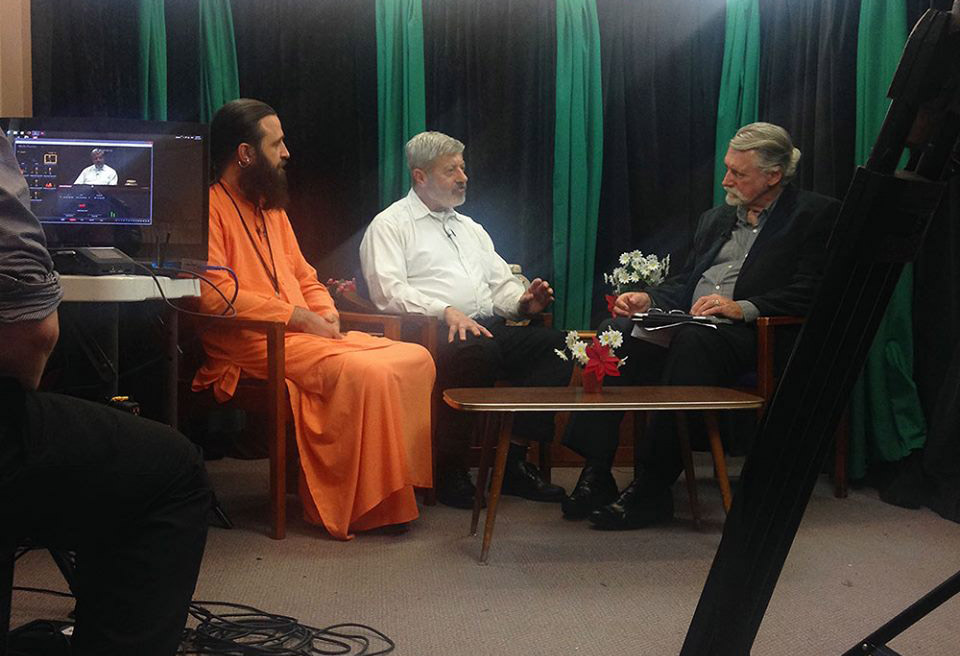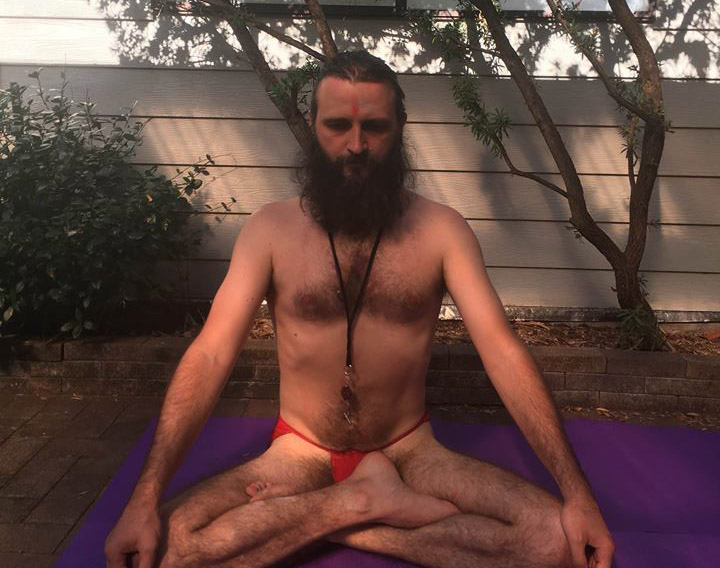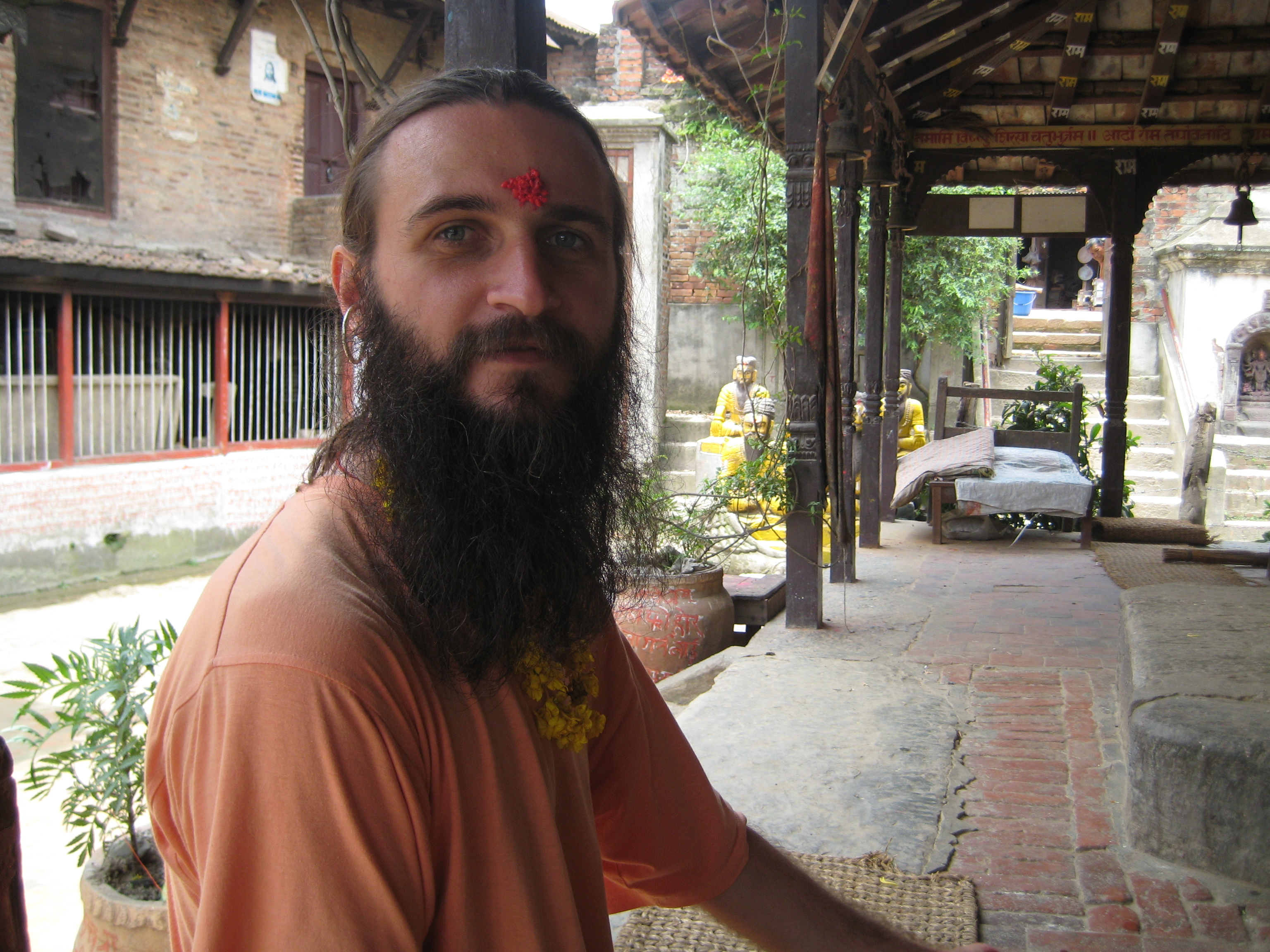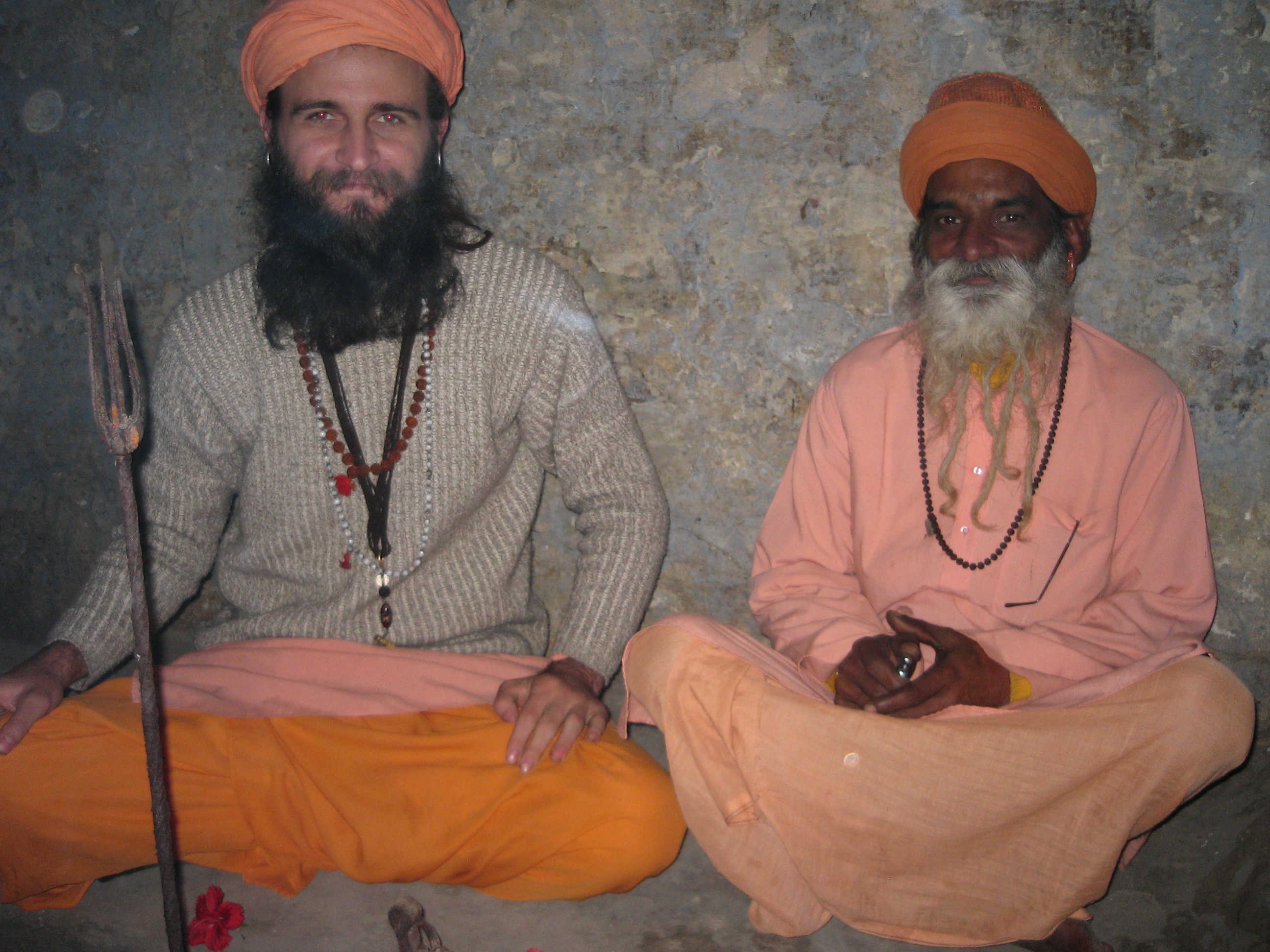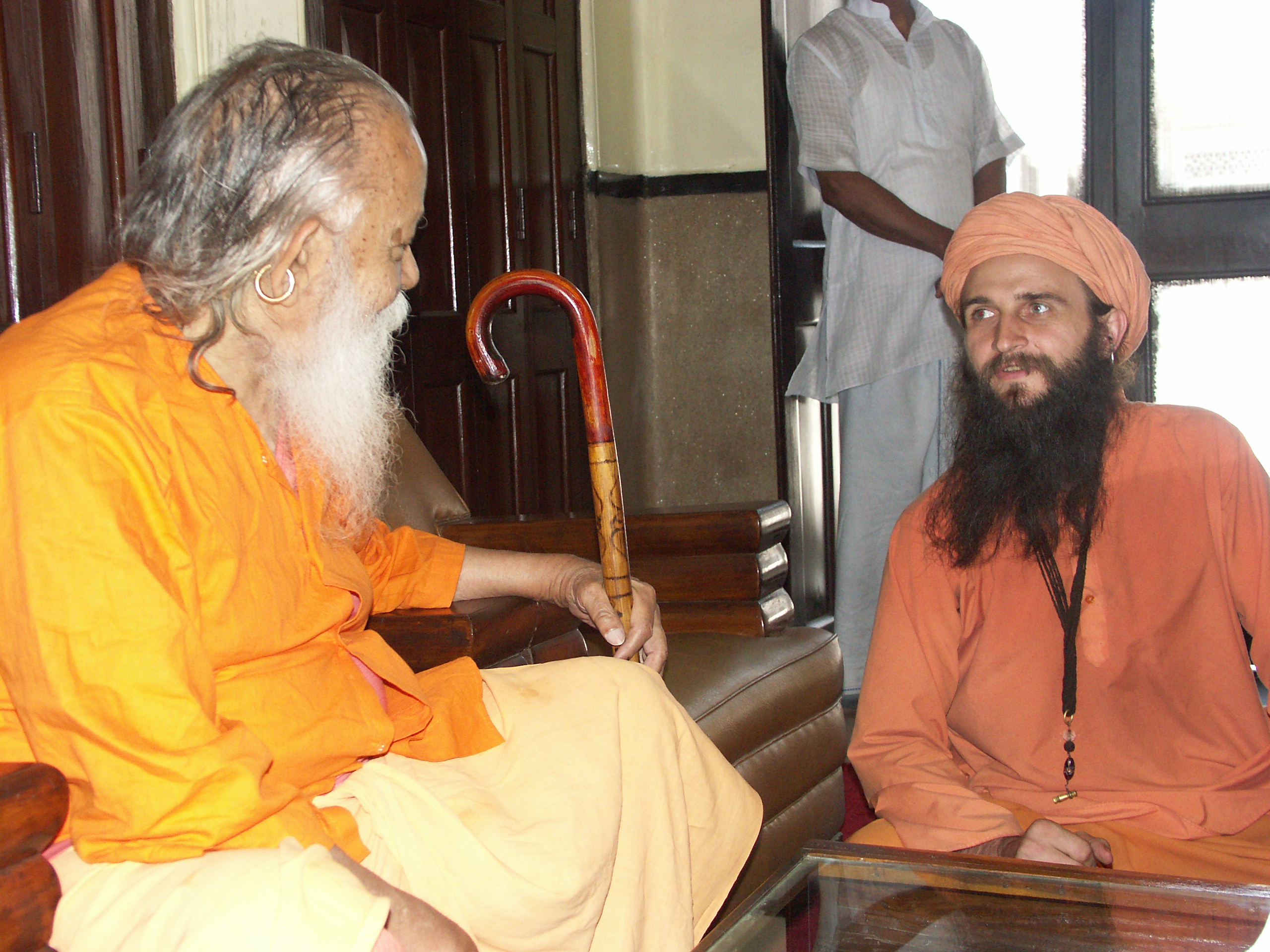Many people asked me the same question regarding clairvoyance, that is ambiguous and in some sense the highest and rare quality. I will give my opinion on this subject. I see a lot of people who do prediction in a variety of ways, some try to develop extrasensory perception abilities, while others, supposedly, guess something. But the test turns out to be that they guess, at best, a small percentage of all that is possible. Many say that they have the ability to “receive information” from the subtle plane, but the capabilities of telekinesis and others have not yet been disclosed. But, it seems that only I had such a logical question “Why, if the channel for receiving any information is open, these people cannot get knowledge about other siddhis?” Indeed, the inability to do something can arise for two reasons: 1) because it is irrelevant and 2) there is no complete knowledge of it. Maybe it is about something, but in this case, we can only talk about having access only to this area, but we cannot absolutise it. From this I conclude that the process of absolute knowledge is the most difficult of all possibilities. Often in yoga and the upaniṣadas, the “seer” means puruṣa or ātman itself, in some yogic traditions it is even identical to Absolute. Therefore, one who is unadulterated, from this point of view, is the main perfection and condition for everything else. And when we say “clear vision” a lot of refinement is required here, clear about what? It will surely turn out that the field for the development of this clarity is large. There is still a lot of work to be done, revealing a lot of imperfections and developing more and more possibilities of perception.

